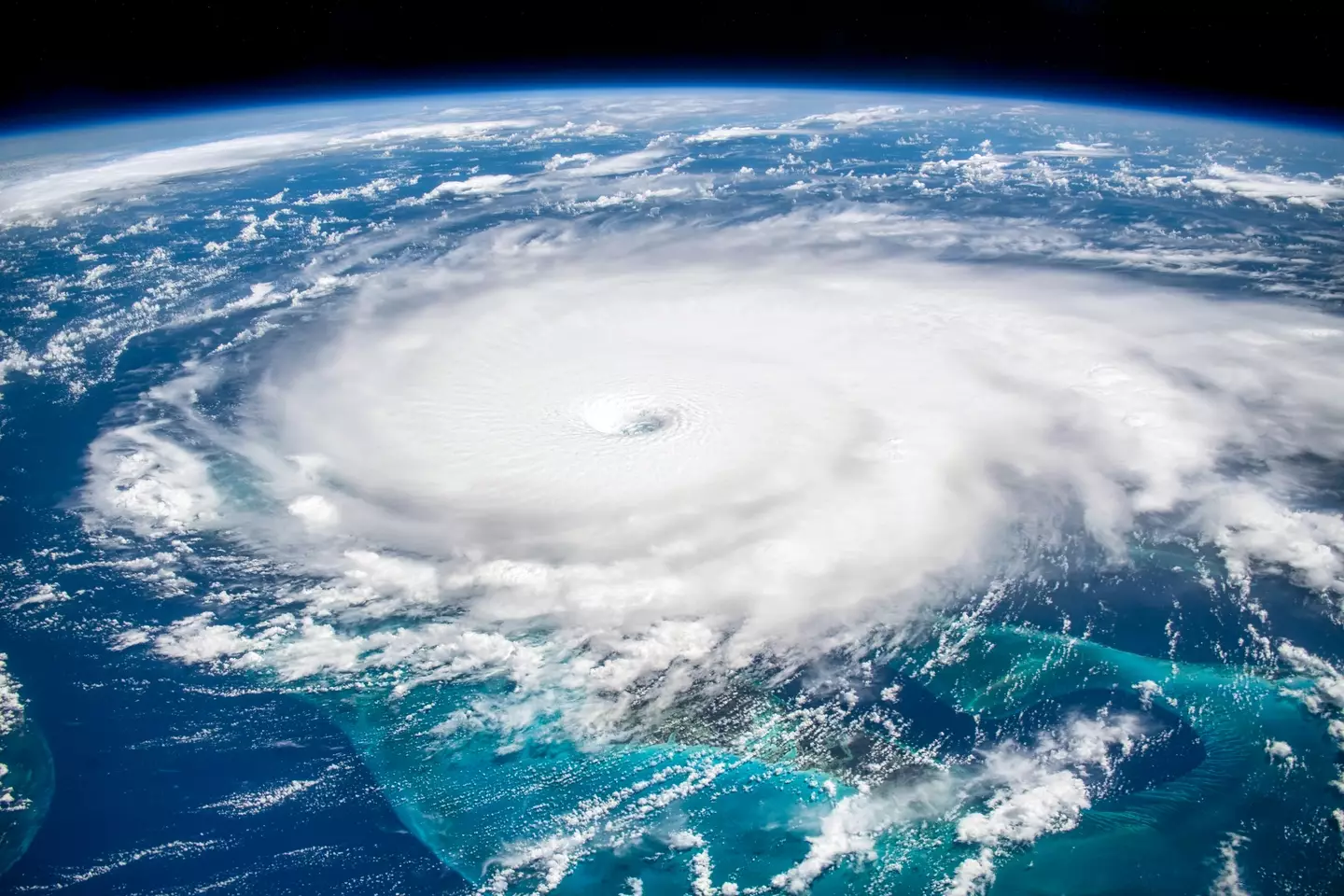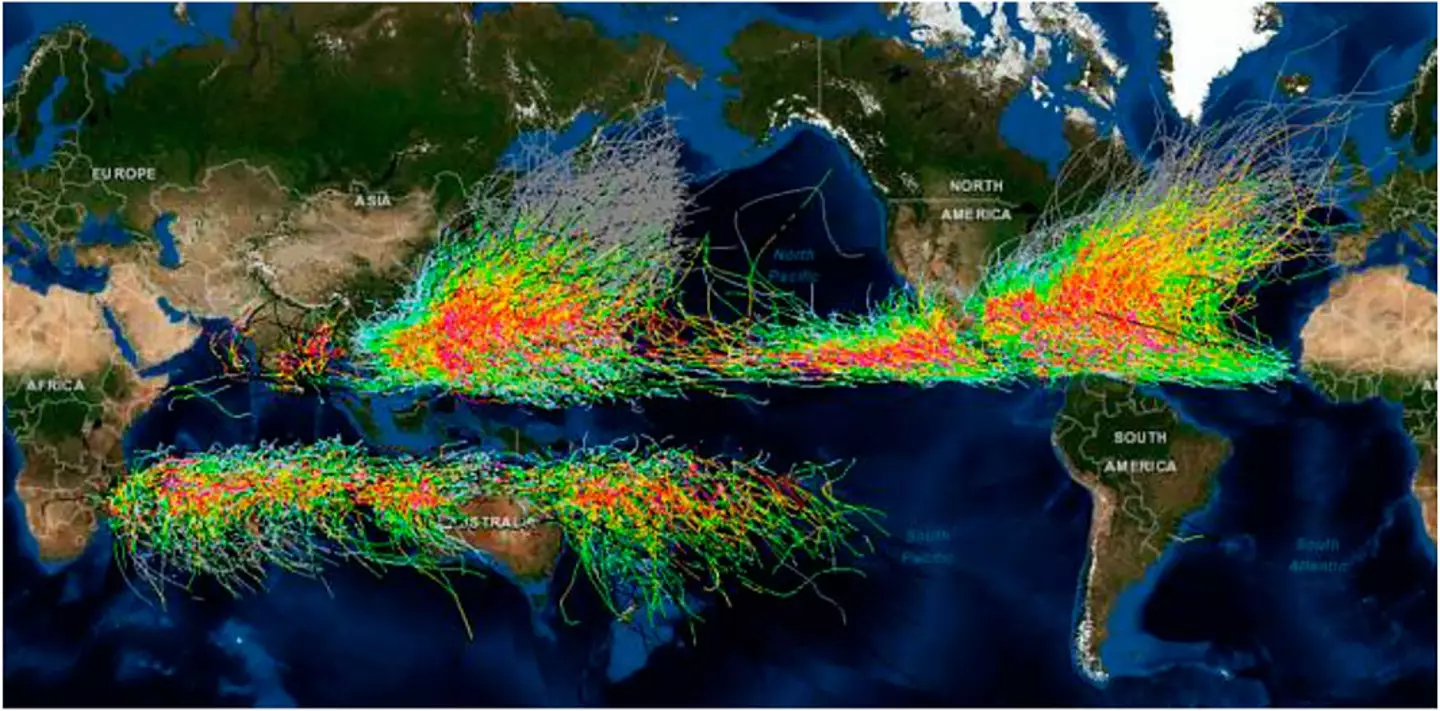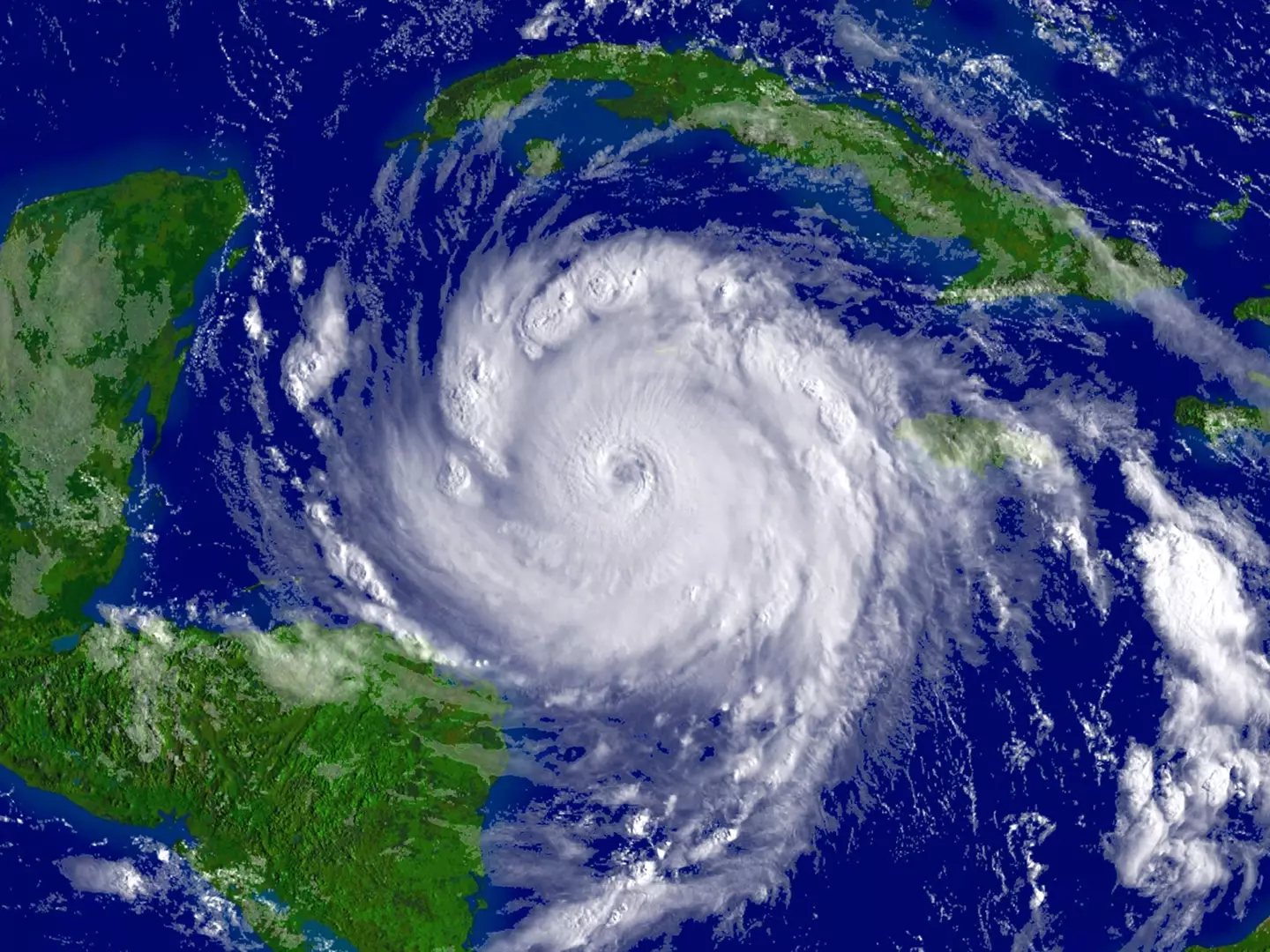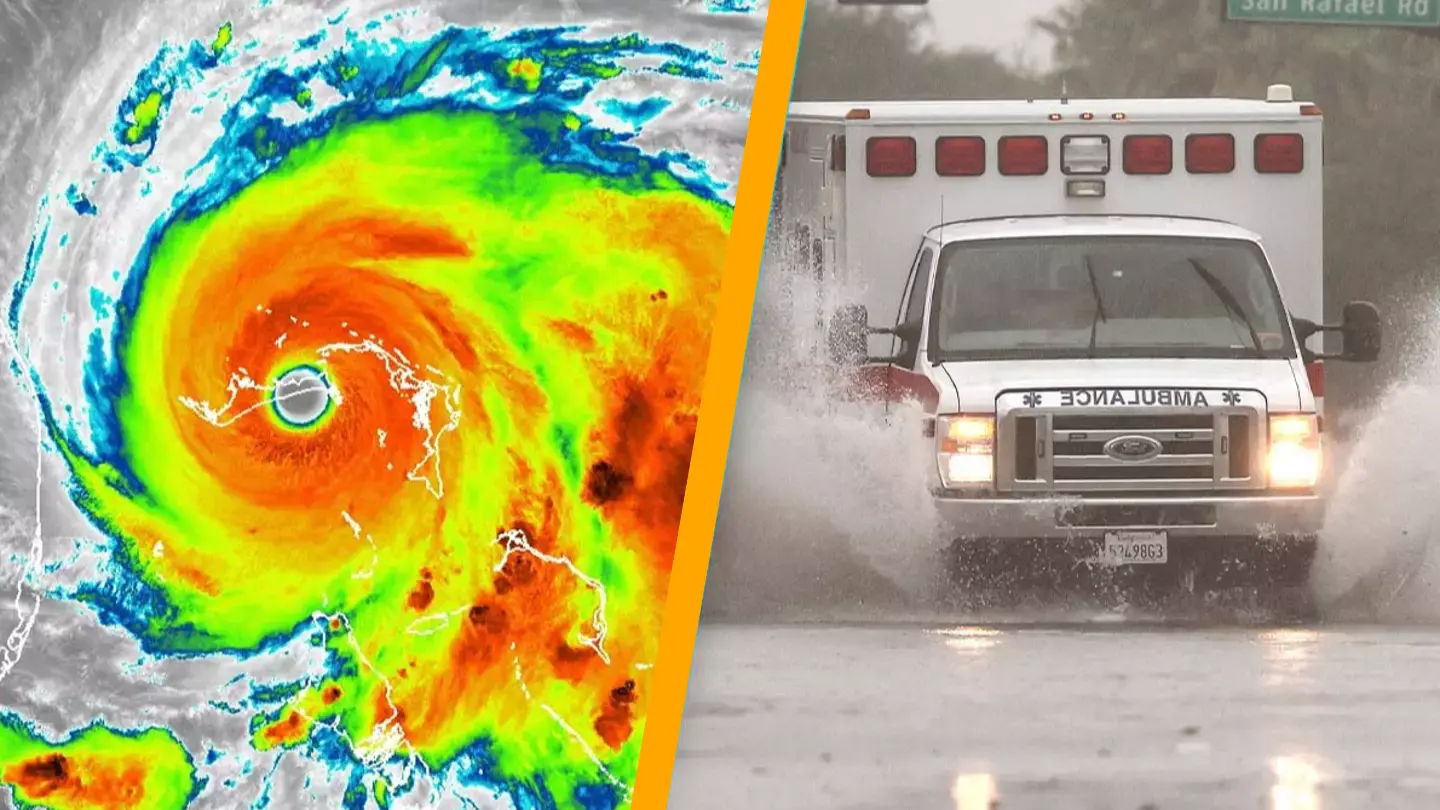Hurricanes are both terrifying and fascinating, but interestingly, they rarely approach the equator due to a peculiar reason.
Studying intense storms is crucial for understanding the weather, and it’s fortunate that meteorologists dedicate their expertise to this field.
Through their research, we are able to implement measures to protect ourselves and predict when these storms will occur.
Depending on where you live, hurricanes might not be a major concern. In some regions, however, you might experience cyclones, typhoons, or hurricane seasons.
Let’s clarify something quickly: cyclones, typhoons, and hurricanes are essentially the same phenomenon – tropical storms.
Their names vary based on their geographic location: hurricanes in the North Atlantic and Northeast Pacific, typhoons in the West Pacific, and cyclones in the Indian Ocean.

Now that’s clarified, why don’t they approach the equator?
Tropical storms are massive spinning systems fueled by warm, moist air, typically forming over warm waters.
The warm waters heat the air above the sea surface, causing it to rise and cool, forming clouds and thunderstorms. This rising air creates a low-pressure area beneath it, prompting more air to rush in.
Are you still with me on this meteorology lesson?

Wind assists in causing the storm to spin, and the clouds release rain and heat to the surface.
The wind direction is influenced by the Coriolis force, which is the inertial spinning caused by the Earth’s rotation.
In the Northern Hemisphere, this rotation causes storms to spin counter-clockwise, whereas in the Southern Hemisphere, they spin clockwise.

Tropical storms do not form near the equator because there is no Coriolis effect there.
As for crossing the equator, a tropical storm would need to stop spinning in one direction and start spinning in the opposite direction.
Gary Barnes, Professor of Meteorology at the University of Hawaii, has stated that it is theoretically possible for a storm to cross the equator and continue spinning in the same direction if it were strong enough, but this has never been observed in reality.
After learning this fact about tropical storms, many social media users found it ‘insane,’ while another joked that they just ‘hurrican’t.’

